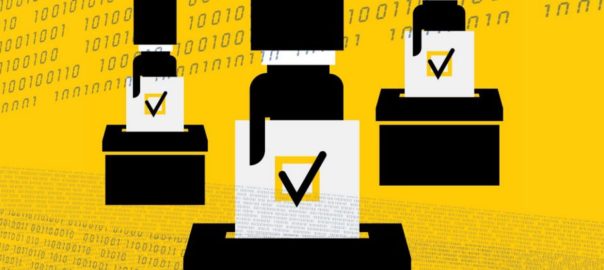
America is not a chosen nation, but she has many chosen people praying and living with integrity that have helped her be a blessing to the world. Our story also includes horrific compromise of our highest ideals, especially our treatment of the indigenous peoples and African Americans. We can love our land and lament our sins. We can improve our nation without destroying her ideals. And prayer must be underneath the laments and longings for justice.
Prayer is God’s invitation to participate in his divine mission to reconcile and redeem, renew and restore all things. Our almighty, sovereign Lord has decided that our humble petitions, compassionate intercessions, and persevering supplications matter in fulfilling his will on earth as it is in heaven.
Here are two short prayers for our nation. There is no pretense here that just the right words will somehow manipulate God – that would be pagan superstition. Instead, our prayers, in alignment with Holy Scripture and empowered by the Holy Spirit, become a force for good in a world enmeshed in evil. In these days of pandemic and polarization, political passions and personal animosities, humble prayer may make the difference between mercy and judgment for our land.
Prayer for Peace of Mind and Divine Presence in Our Land
O God, you are transcendent and immanent. You are totally other; totally different from us. But you are also Immanuel, God with us. You were delighted to dwell among us in the person of your Son, Jesus Christ. What grace! You are the God who comes close. Lord, come close to our national leaders. Come close to the justices that sit on the Supreme Court. Come close to those in the Senate and in the House of Representatives. Come close to our local leaders – our police departments, mayors, and governors. Come close, dear Master, to those in laboratories that are feverishly developing a vaccine for this virus. Come close, Dear God, to peaceful protestors, the abused, the hungry, the bewildered, the outraged, the motherless, the fatherless, the dying, the mourning, the widow, the disabled, the oppressed, and the immigrant. Lord, come close to us, in cul-de-sacs, hamlets, towns, rural areas, cities, and suburbs. Come close, dear Lord, to those who are easing back into the workplace with trepidation. Omnipresent Lord, please share your closeness with all of us, everyone on the face of this globe. In Jesus’ majestic and mighty name, Amen.
Prayer for Humility and Wisdom
O Lord, you are infinite and intimate, and the Source of all that is good. You promised wisdom for the humble who seek you and search for truth. You promised wisdom as we pray and trust you. Your wisdom is pure, peaceable, and leads to peacemaking and righteousness. Lord, we need your wisdom as we confront the injustices all around us and the unrighteousness in our own hearts. We need wisdom to lament and repent well. We need your wisdom to cultivate new relationships across all the barriers in our world. We need wisdom to reform social structures that keep millions from flourishing. We need wisdom for our businesses, churches, families, communities, cities, and nation. We humbly plead that you will grant wisdom. We also accept your wisdom from the mouths of the marginalized and oppressed, the voices of history, and the prophets calling us to holiness. And we thank you in advance for your generosity toward us, even when it means surgery in our souls. In Jesus’ Name, Amen.
Americans, indigenous , African Americans, justice, Holy Spirit, mission, nation, prayer, Senate, House of Representatives, virus, police, wisdom




